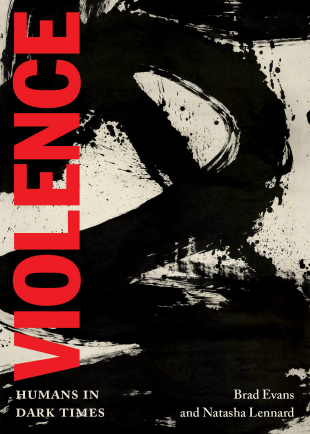"Unfortunately, we live in a moment in which ignorance appears to be one of the defining features of American political and cultural life. Ignorance has become a form of weaponized refusal to acknowledge the violence of the past, and revels in a culture of media spectacles in which public concerns are translated into private obsessions, consumerism and fatuous entertainment. As James Baldwin rightly warned, 'Ignorance, aligned with power, is the most ferocious enemy justice can have.'
"The warning signs from history are all too clear. Failure to learn from the past has disastrous political consequences. Such ignorance is not simply about the absence of information. It has its own political and pedagogical categories whose formative cultures threaten both critical agency and democracy itself.
"What I have called the violence of organized forgetting signals how contemporary politics are those in which emotion triumphs over reason, and spectacle over truth, thereby erasing history by producing an endless flow of fragmented and disingenuous knowledge. At a time in which figures like Donald Trump are able to gain a platform by promoting values of 'greatness' that serve to cleanse the memory of social and political progress achieved in the name of equality and basic human decency, history and thought itself are under attack.
"Once ignorance is weaponized, violence seems to be a tragic inevitability. The mass shooting in Orlando is yet another example of an emerging global political and cultural climate of violence fed by hate and mass hysteria. Such violence legitimates not only a kind of inflammatory rhetoric and ideological fundamentalism that views violence as the only solution to addressing social issues, it also provokes further irrational acts of violence against others. Spurred on by a complete disrespect for those who affirm different ways of living, this massacre points to a growing climate of hate and bigotry that is unapologetic in its political nihilism. " it would be easy to dismiss such an act as another senseless example of radical Islamic terrorism. That is too easy. Another set of questions needs to be asked. What are the deeper political, educational, and social conditions that allow a climate of hate, racism, and bigotry to become the dominant discourse of a society or worldview? What role the politicians with their racist and aggressive discourses play in the emerging landscapes' violence? How can we use education, among other resources, to prevent politics from being transformed into a pathology? And how might we counter these tragic and terrifying conditions without retreating into security or military mindsets?"
